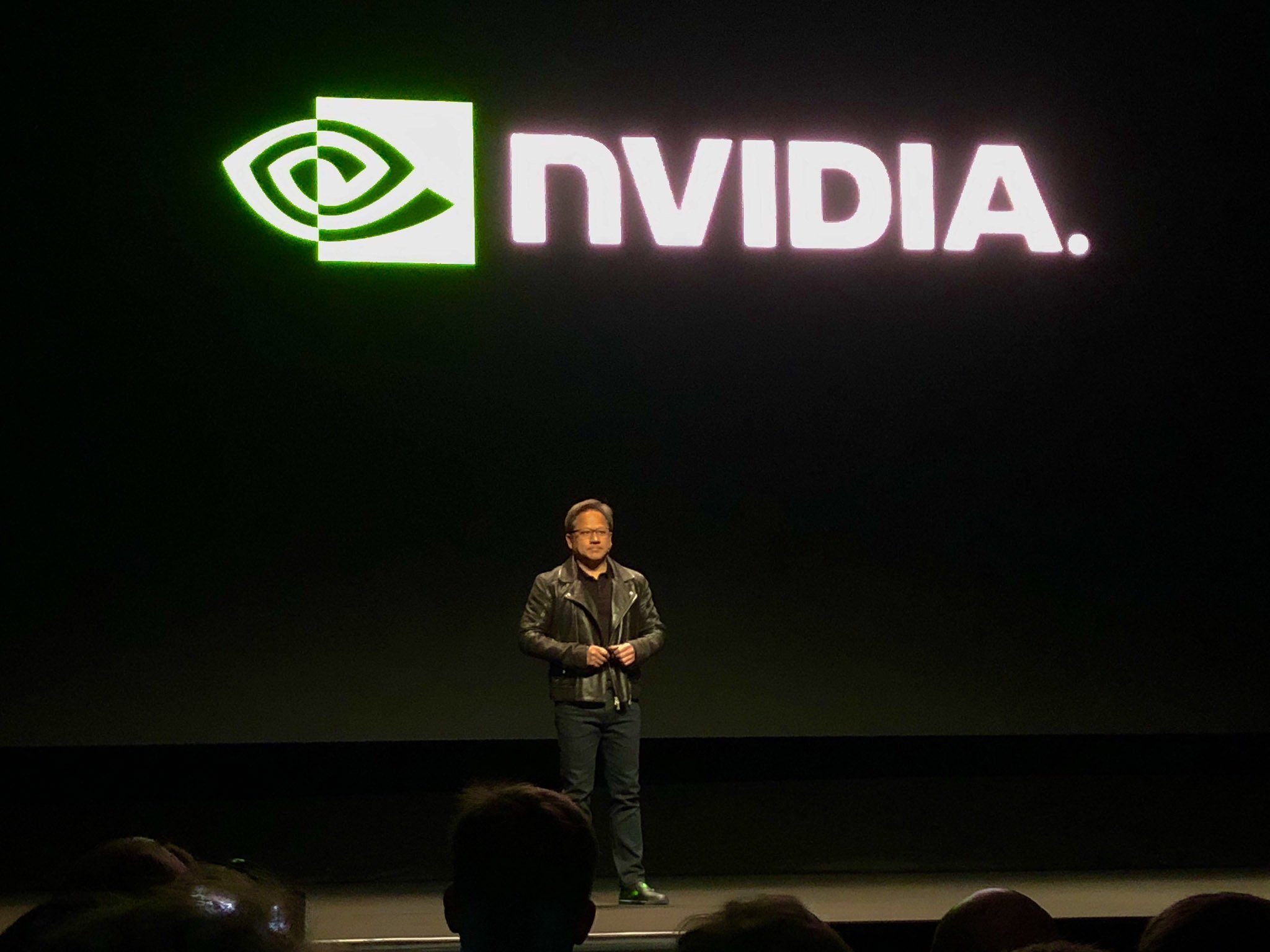The light at the end of the tunnel grows dimmer for NVIDIA.
What you need to know
- NVIDIA's Arm deal has been met with resistance and roadblocks from major players all around the world, including the UK and Chinese governments.
- Many companies have cited concerns with the deal as well.
- Now, the U.S.'s Federal Trade Commission (FTC) is suing to stop the merger.
NVIDIA's Arm acquisition efforts have seen no shortage of obstacles. A multitude of major nations have threatened to shutter the deal should they deem it too dangerous, and now, the FTC is concretely standing against it with a full-on lawsuit.
To set up the situation: NVIDIA has been trying to get this acquisition through the various pipelines it needs to go through since late 2020. It has had to survive obstacles such as European summer vacation, probes from both the EU and UK, and notoriously difficult Chinese regulatory bodies.
And now, in what one can only assume is a very large headache for NVIDIA, there's a full-on lawsuit from the U.S. Federal Trade Commission. The FTC is suing to stop the NVIDIA-Arm merger, a move which can be seen via the official corresponding FTC documentation. FTC Bureau of Competition Director Holly Vedova said the following about the matter:
The FTC is suing to block the largest semiconductor chip merger in history to prevent a chip conglomerate from stifling the innovation pipeline for next-generation technologies. Tomorrow's technologies depend on preserving today's competitive, cutting-edge chip markets. This proposed deal would distort Arm's incentives in chip markets and allow the combined firm to unfairly undermine Nvidia's rivals. The FTC's lawsuit should send a strong signal that we will act aggressively to protect our critical infrastructure markets from illegal vertical mergers that have far-reaching and damaging effects on future innovations.
Will this be the final nail in an already troubled acquisition's coffin? Time will tell, as will the FTC.


0 Commentaires